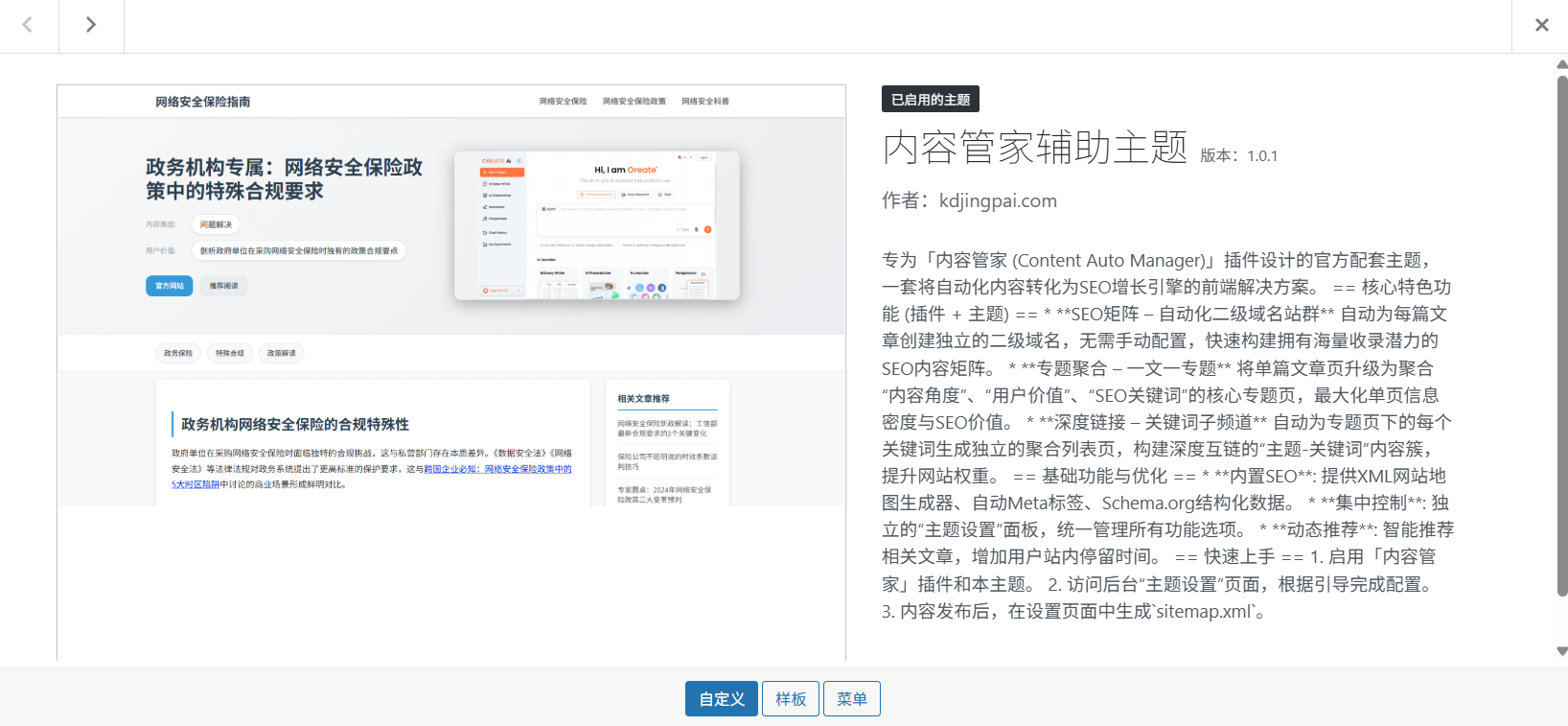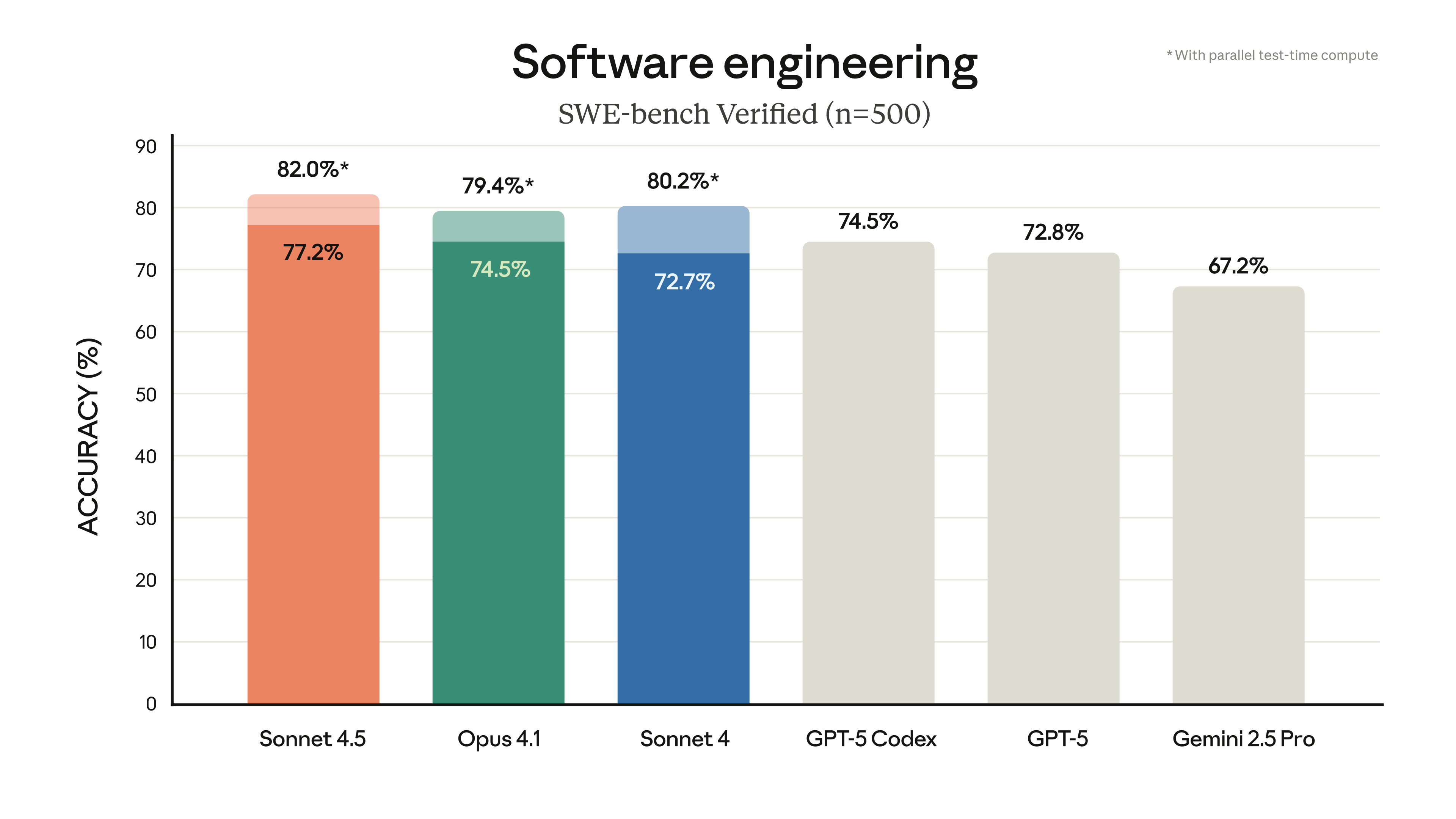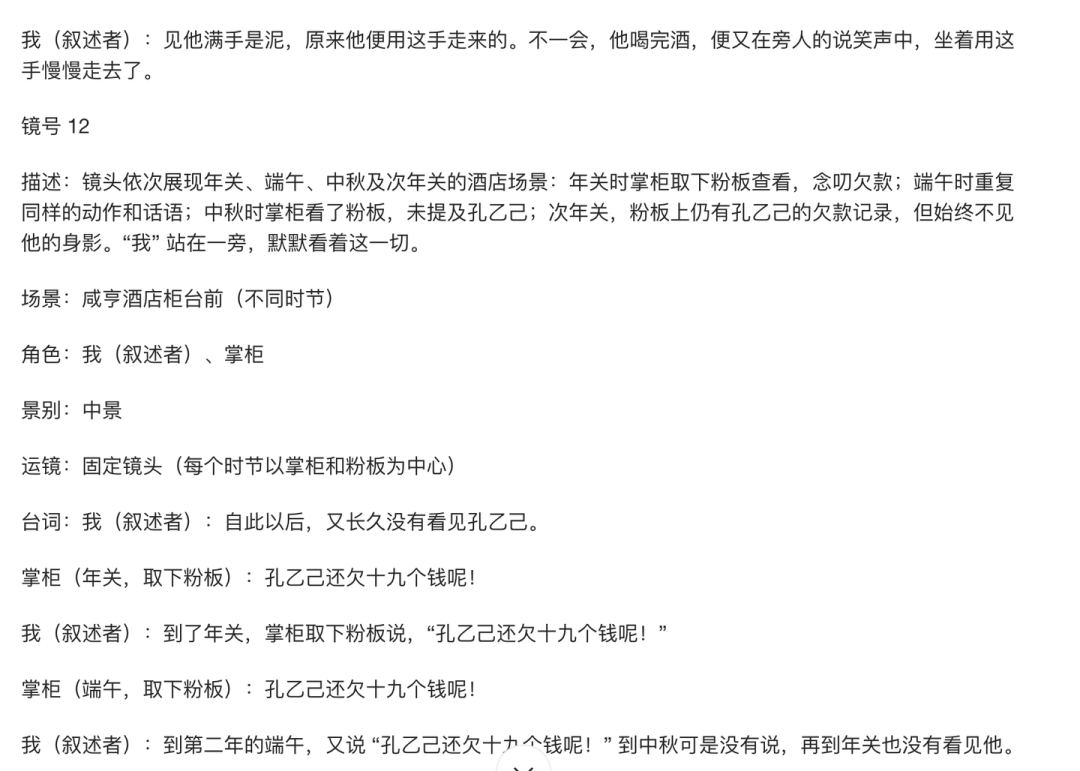Analysis of the unique advantages of hugo-translator
Compared to traditional human translators or common translation tools, hugo-translator has several significant advantages:
Hugo Dedicated Integration
- Fully customized for Hugo's static site generator, understanding Hugo's file structure and formatting requirements
- Automatic handling of Markdown files and special formatting of front matter
- Direct output conforms to Hugo's standard file naming and directory structure for multilingual support
Automated workflows
- Automatically generates multiple language versions with one click, eliminating the need to manually translate one by one
- Supports batch processing of all eligible files in a directory
- Automatically preserves the format and structure of the original text and replaces only the text content that needs to be translated
open source scalability
- The code is completely open source, allowing users to deeply customize the translation process
- Freedom to replace or enhance the translation engine (although currently only the Google API is supported)
- Ability to add special processing logic based on project requirements
Efficiency gains
- Significantly reduce the time cost of maintaining multilingual content
- Especially suitable for blogs and multilingual websites with frequently updated content
- Provided basic technical support for the internationalization of the project
Of course, it has some limitations, such as dependence on third-party APIs for translation quality and inability to handle particularly complex translation needs. However, it provides an excellent efficiency solution for the multilingual needs of most personal blogs and basic websites.
This answer comes from the articlehugo-translator: Python script for automatic translation of Hugo's blog contentThe






























